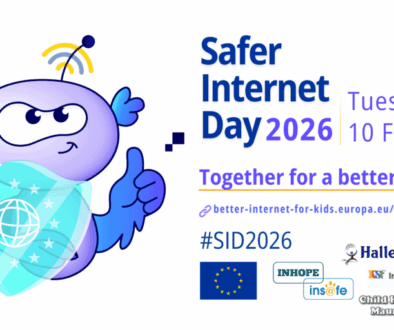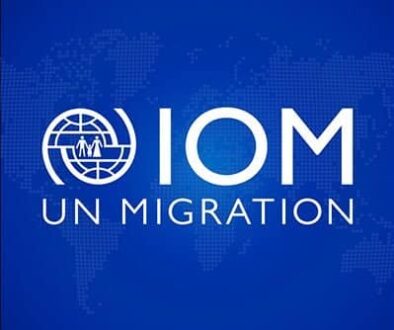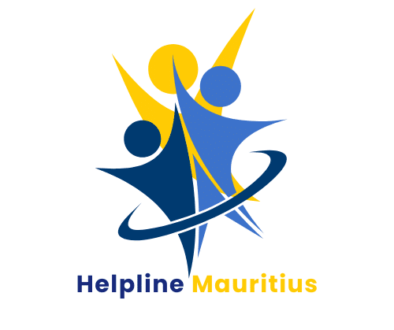Response to the Mauritius ICTA Consultation Paper
The Mauritius Internet Governance Forum (Mauritius IGF), hosted by Halley Movement and the Internet Society has provided its response to the Mauritius ICTA Consultation Paper today. Below is a summary of our response.
The technical solution presented in the ‘Consultation Paper on proposed amendments to the ICT ACT for regulating the use and addressing the abuse and misuse of Social Media in Mauritius’ undermines encryption and the general security of the Mauritian Internet by adding a proxy that indiscriminately decrypts all traffic that is routed through it.
This type of encryption backdoor introduces vulnerabilities that can be exploited by others. The deployment of user certificates relies on methods that resemble the criminal behavior of phishers. Furthermore, the proxy can easily be avoided through the use VPNs or overlay networks.
Encryption is an important technology that helps Internet users keep their information and communications confidential and secure, and serves a crucial role in reinforcing the personal security of billions of people every day and the national security of countries around the world.
Any technical means to decrypt social media messages can be used to decrypt any other traffic and is therefore fundamentally untrustworthy.
Further, the establishment of a committee to assess and censor speech sets a precedent in limiting the fundamental rights of Mauritian citizens.
We do understand the issues associated with disinformation on social media and urge you to engage with the local Internet stakeholder community to identify constructive and creative ways to deal with this issue.
Finally, we are strongly aligned with the joint civil society statement in response to your consultation signed by Access Now3 and many other organizations and individuals. It makes similar points to our submission and stresses that the impact of the Mauritian regulator’s proposed actions will go beyond its borders, raising global concerns.
Click here to read the full response paper from Mauritius IGF and Internet Society


